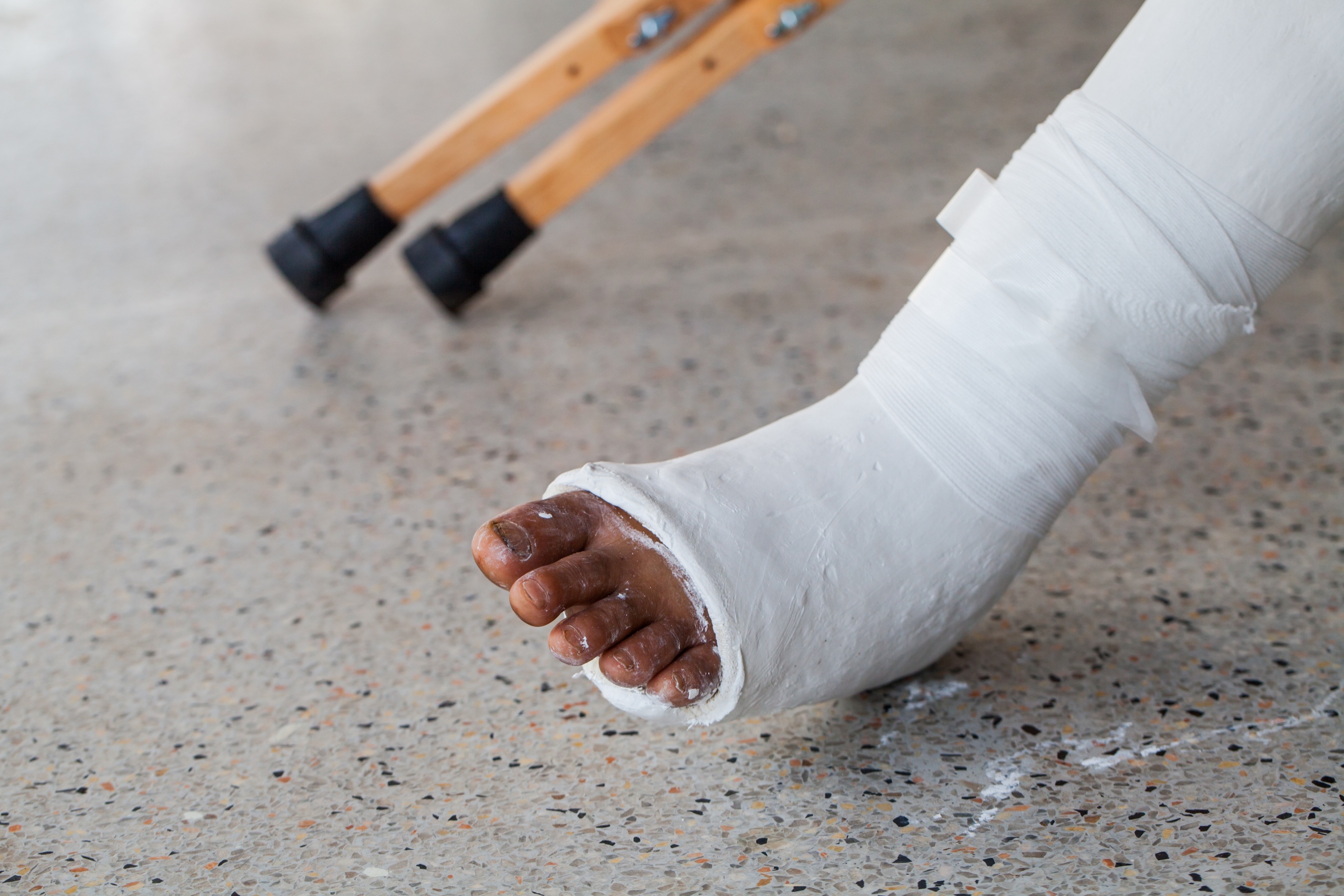If you’ve suffered a personal injury, you may be wondering whether or not it qualifies for a court case. There are many factors to consider when making this decision, and it can be difficult to know where to start. This blog post will provide some basic information about what types of injuries typically qualify for a court case so that you can begin to make an informed decision about your next steps.
Defining personal injury
When it comes to personal injury, there are a variety of definitions and laws that exist to help you understand if the event or occurrence qualifies as an actionable wrong. Generally, a personal injury occurs when one is harmed as the result of another person’s wrongful actions or negligence. It could involve physical damage to the person, such as broken bones or other bodily injuries, or it could also involve damage to one’s reputation, right to privacy, and malicious prosecution, or civil rights violations. Knowing what type of incident counts as a personal injury can be valuable when evaluating any potential lawsuit for damages related to the incident.
Determining if your injury qualifies as a court case
Deciding whether or not to pursue a personal injury case in court can be difficult. There are several factors to consider when making that determination. Some of the most important considerations include the severity of your injuries, how they were caused, any compensation you have already received from the responsible party, and any laws or legal precedence in your jurisdiction related to the incident. It is important to remember that no two situations are identical and seeking professional advice about your situation can help ensure you make an informed decision about whether or not it is worth filing a court action.
The process of filing a personal injury lawsuit
It is not an easy decision to make when considering filing a lawsuit – it requires looking into all the details of the incident in question and deciding if pursuing legal action is worth it. Knowing the process of filing a lawsuit can help clarify this decision and provide some detail on what to expect moving forward. The key steps include consulting a personal injury lawyer to assess your situation, gathering evidence for your case, preparing a complaint about the incident, and initiating a court filing. Each of these steps requires being aware of the law, understanding your rights as an individual, and having patience as the process can take some time. Ultimately, with research and guidance from local resources, you’ll be able to make an informed decision about filing a personal injury lawsuit.
More on gathering evidence for a case
Gathering evidence is an essential part of any personal injury lawsuit. The more evidence you have, the stronger your case will be when it comes time to present it in court. Evidence can include medical records, photographs of the injury or accident scene, witness statements, and police reports. You may also want to get expert testimony from a doctor or other healthcare professional about the extent of your injuries and their cause. Additionally, if any negligence was involved in causing your injury, documents such as contracts or emails may help demonstrate that responsibility lies with another party. Finally, having reliable evidence that proves how much money you’ve lost due to the incident can be crucial for getting full compensation from a successful lawsuit. All these elements come together to build a strong case for holding someone liable for damages caused by their actions or negligence.
What to expect after filing a personal injury lawsuit
After filing a personal injury lawsuit, you can expect a lengthy journey. Gathering evidence around the facts of your case and working with an experienced lawyer are some of the essential steps for success. Once a case has been filed, there will likely be negotiations between the two sides, followed by a potential settlement or trial depending on the resolution talks. In many cases, you may also need to make court appearances and provide testimonies during the process. Knowing what to expect in terms of legal action and gathering sufficient evidence will help make sure you will have a successful outcome in your case.
The potential outcomes of a personal injury lawsuit can vary greatly depending on the circumstances and facts of the case. In some instances, the responsible party may be found liable for damages and required to pay compensation to the injured individual. This could come in the form of medical costs, lost wages, legal fees, pain and suffering, and other costs related. It can pay (both monetarily and metaphorically) to be prepared in these situations, so it’s best to be prepared
Conclusion
Now that you know what a personal injury is and the process of filing a lawsuit, you can make an informed decision about whether or not to take legal action. If you do decide to file a personal injury lawsuit, keep in mind that it may be a long and difficult process, that may consume a great deal of energy during a time when you’re already struggling with a lot of problems. However, if successful, you may be compensated for your injuries, which can definitely be worth the time
